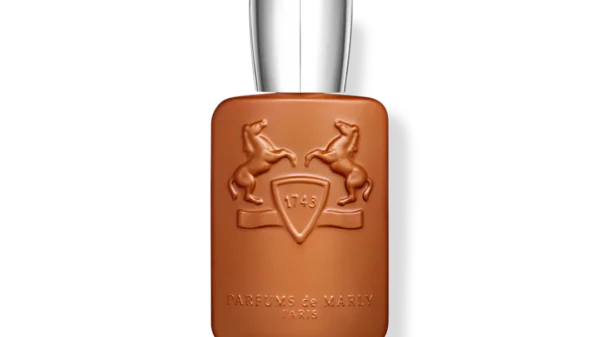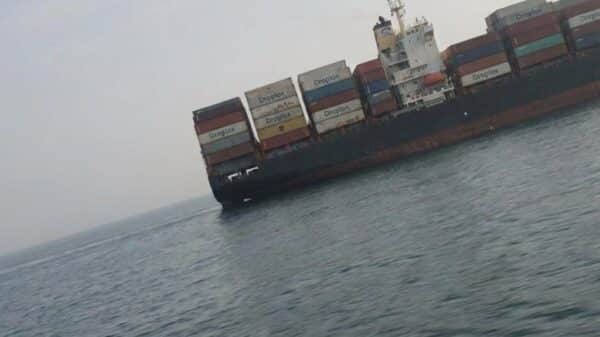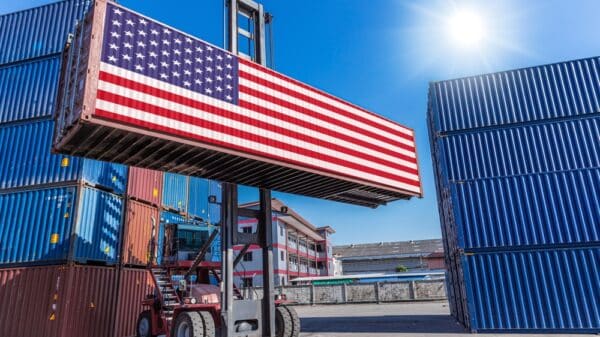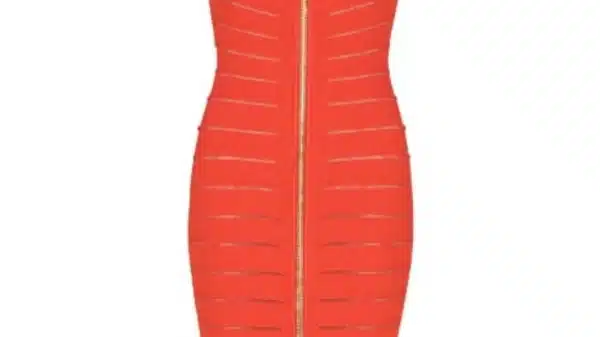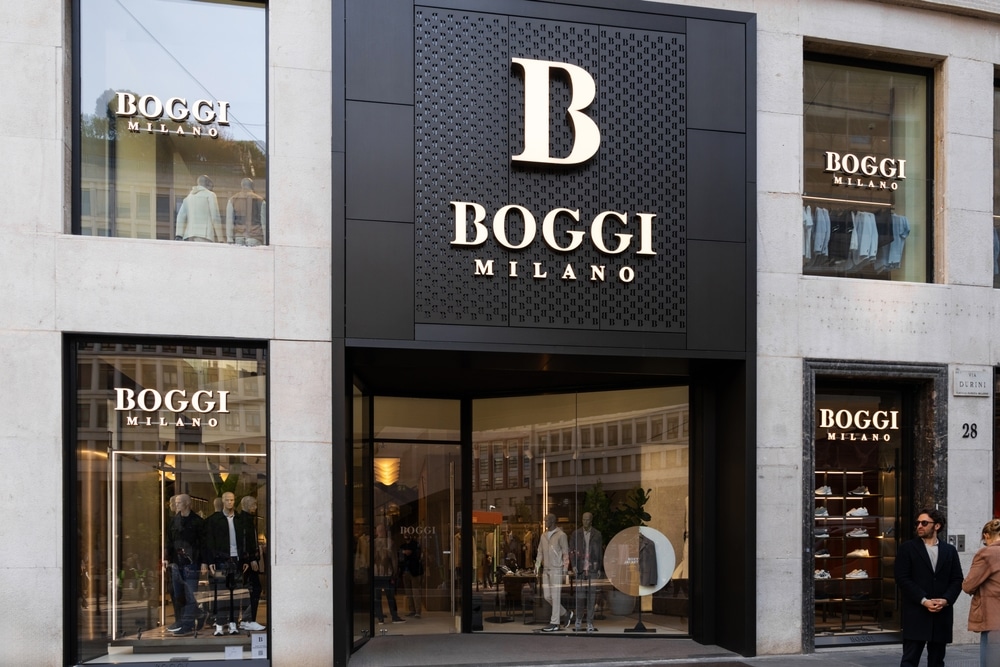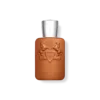The Italian luxury fashion industry, known globally for its craftsmanship and quality, is currently facing scrutiny over labor practices within its supply chain. This situation has raised alarm bells for notable figures in the industry, including Diego Della Valle, the chairman of Tod’s, one of Italy’s most prestigious luxury brands. With ongoing investigations threatening to tarnish Italy’s reputation for top-tier fashion, the implications for the sector are profound.
Investigations and Their Impacts
Italian prosecutors are investigating allegations of labor abuses among suppliers linked to Tod’s, which has led to calls for judicial administration over the shoemaker’s operations. Della Valle expressed his concerns at a press conference held in Milan, emphasizing the potential damage such inquiries could inflict on the “Made in Italy” brand. Known internationally as a symbol of quality, “Made in Italy” isn’t just a label; it represents the country’s craftsmanship and dedication to excellence in fashion.
Demand for Regulatory Support
Della Valle has urged for stronger regulatory frameworks that would empower Italian authorities to conduct thorough inspections while ensuring that brands like Tod’s are not unjustly subject to accusations. The goal is to maintain the integrity of Italian fashion exports without compromising the operational flexibility businesses need to thrive. Effective oversight is essential, but it must also be balanced to protect brands from unwarranted reputational harm.
Allegations and Company Response
The probe specifically highlights that Tod’s did not sufficiently monitor its suppliers, allegedly prioritizing profitability over ethical sourcing practices. However, it is crucial to note that Tod’s itself is not under investigation and maintains compliance with legal standards. This is a significant distinction that underscores the importance of framing these issues accurately.
Broader Context: Judicial Administration in Luxury Fashion
The current scrutiny isn’t unique to Tod’s; five other luxury brands have faced similar judicial measures over the past year due to related allegations. Della Valle pointed out that the cases being investigated represent a mere fraction of the numerous companies within Italy that adhere strictly to the regulations governing labor practices. This serves as a reminder that not all players in the luxury market are guilty of unethical practices, and sweeping generalizations can be detrimental.
Complexity of Supply Chains
Another challenge highlighted by Della Valle is the complexity of fashion supply chains. Many Italian luxury brands rely on a network of suppliers who may subcontract work, making oversight difficult. Effective monitoring of these extensive chains poses logistical challenges, as ensuring compliance at every subcontractor level is nearly impossible. This intricate web necessitates a collaborative approach between brands and regulatory bodies to enhance oversight without stifling the industry.
Conclusion
As the investigation surrounding Tod’s and other Italian luxury brands unfolds, the repercussions are likely to be felt throughout the industry. Balancing ethical practices with operational capabilities will be a pivotal focus for the future. Industry leaders like Diego Della Valle are calling for constructive regulatory support to safeguard the integrity of Italian fashion while upholding its esteemed reputation. Moving forward, the sector must strive for transparency and compliance without sacrificing the artistry and heritage that define “Made in Italy.”




